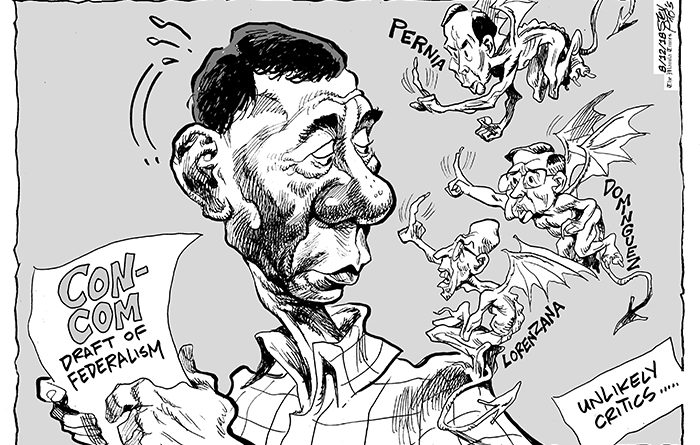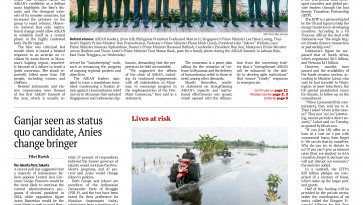The three are not against Charter change per se. Only the likes of Hilario Davide Jr. and Christian Monsod are sola scriptura in this regard. There is virtual unanimity in the political and economic establishment that the 30-year-old Charter is flawed and outdated and needs, at the very least, a slew of amendments. When and how to do Cha-cha are of course the most contentious questions that have bedeviled Philippine politics in the past four administrations and the present one.
Pernia, Dominguez and Lorenzana therefore should not be seen as obstructionists like Davide and Monsod.
The first two, who lead the President’s economic team, are keeping to their field of expertise in warning of dire economic consequences of rush-job federalism. Their point of departure is the draft federal constitution written by the consultative committee appointed by Malacañang, whose revenue provisions, they claim, appear to be “not well-studied.”
Apart from taxation powers for both the federal government and federated regions or states, and the 50-50 sharing in collections of income, excise and value-added taxes as well customs duties, it is not clear which part of government is responsible for key expenditures.
For instance, the proposed Equalization Fund, which will receive the equivalent of 3 percent of the national budget for distribution to poorer regions. It’s not clear whether this is an expenditure of the federal government or should be charged to the revenue share of the regions.
Also unclear is the funding source of the block grant to the new Bangsamoro region, which is 5 percent of national revenues.
Pernia and Dominguez have done the math and estimate the budget deficit to widen to 6.7 percent of gross domestic product, given implicit expenditures under the proposed constitution. This is the kind of yawning deficit that leads to credit rating downgrades, which in turn leads to higher cost of borrowings and a decline in investments.
An option to avoid a downgrade is to pare down the national budget, by an estimated P560 billion annually. But this means laying off 95 percent of state workers, or pulling the plug on the “Build, Build, Build” infrastructure program.
The two have been criticized for coming out with their positions too late in the process. This is incorrect; the draft charter ought to be dissected precisely now before it is adopted by Congress in a constituent assembly. The consultative committee cannot be sola scriptura on its draft constitution. It is just a draft.
Lorenzana also raises a valid point. The federalism drive needs an information and education drive that is the widest possible, given the drastic change in the system of government envisioned. Those in the know already have the answers to questions like “What is in it for us?,” “What are we going to do?” and “What will happen?”
The same cannot be said of regular citizens.
The defense secretary’s position is not borne out of disloyalty. The military, Lorenzana told reporters on Friday, is bound to respect whatever is the outcome of Cha-cha.
It is precisely because the three Cabinet men are loyal to the Duterte administration’s change agenda that they are coming out with critical questions on the hows and whys of the federalism push. The President, it should be noted, is not stopping them, at least not publicly. Their concerns deserve a proper hearing. BY THE MANILA TIMES
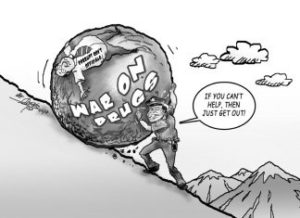
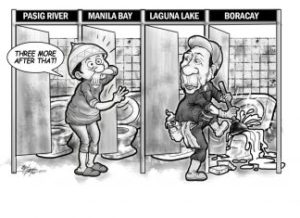
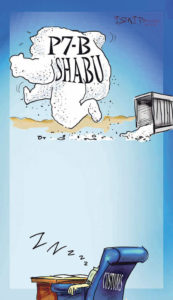
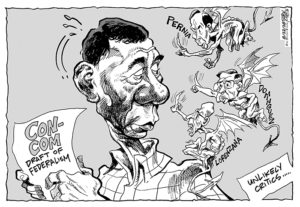
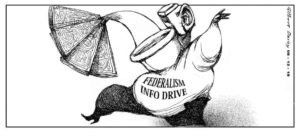
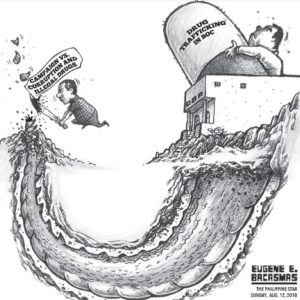

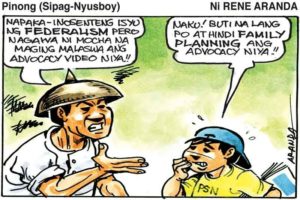
 All photographs, news, editorials, opinions, information, data, others have been taken from the Internet ..aseanews.net | [email protected] |.For comments, Email to :D’Equalizer | [email protected] | Contributor
All photographs, news, editorials, opinions, information, data, others have been taken from the Internet ..aseanews.net | [email protected] |.For comments, Email to :D’Equalizer | [email protected] | Contributor All photographs, news, editorials, opinions, information, data, others have been taken from the Internet ..aseanews.net | [email protected] |.For comments, Email to :D’Equalizer | [email protected] | Contributor
All photographs, news, editorials, opinions, information, data, others have been taken from the Internet ..aseanews.net | [email protected] |.For comments, Email to :D’Equalizer | [email protected] | Contributor
